Resources
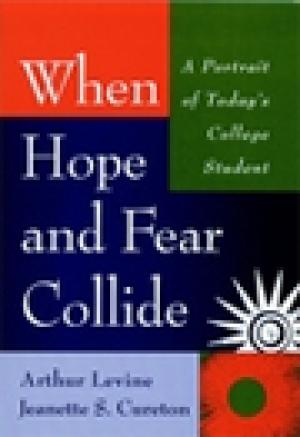
In his 1980 book When Dreams and Heroes Died, Arthur Levine presented a portrait of a generation of college students without heroes - a generation optimistic about their own futures, but pessimistic about the future of the country and the world. These students turned inward, away from activism and community and toward individual and material gain, a trend that continued throughout the 80s and showed little sign of changing. But when Levine returned to campuses in the 1990s, he discovered a startling and encouraging shift in the attitudes of the new generation of students. When Hope and Fear Collide examines a generation motivated by a conflicting sense of hope and fear. While today's students fear a great many things both on a global level and on a local level, they are less pessimistic than the previous generation, as they look for ways to make a difference in their world. Levine and Jeanette Cureton explore what shaped this change and how those who deal with students on a daily basis can use the change to enrich the college experience. The book examines how students come to grips with the challenges of politics, academics, and personal relationships on campus and draws implications for their futures. Levine and Cureton base their findings on research carried out in the same manner as in Levine's landmark study. The data they present give those who deal with students on a daily basis the information and tools they need to help those students chart a meaningful course through college. (From the Publisher)
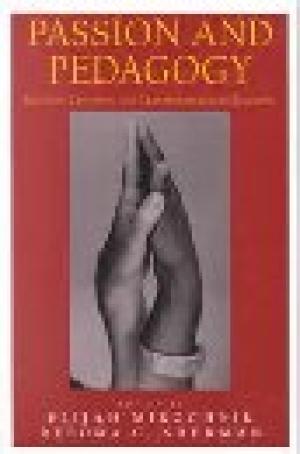
The inaugural title of a series in which faculty members at Lesley University in Cambridge, Massachusetts will address critical issues in arts education for university faculty, classroom teachers, and students of education, based on the innovation programs in the arts there. The 25 contributions discuss creating the teacher and changing the world, collaborative learning and improvisation, constructing a space for creativity in science, and other topics. (From the Publisher)
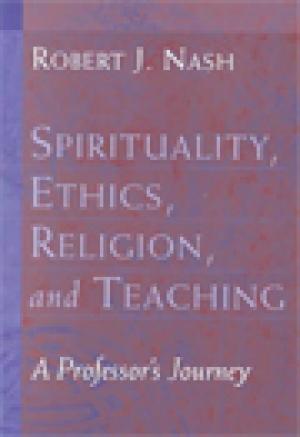
This book is a first-person, pedagogical reflection on what the author - an applied philosopher with an appointment in a professional school - has learned about being a teacher and a student, over a thirty-five-year career in a "public ivy" university. This narrative recounts a series of life-changing, intellectual, and emotional insights gleaned over three decades from students, colleagues, scholars, and mentors. The author's personal story traces the struggle to create a passionate spirituality of teaching, one that reframes traditional notions of religion and spirituality, as well as one that attempts to correct conventional misunderstandings of postmodernism. Nash's story is every educator's story - lived in unique ways at every level of teaching. (From the Publisher)
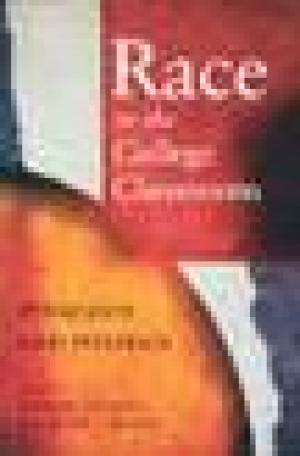
Did affirmative action programs solve the problem of race on American college campuses, as several recent books would have us believe? If so, why does talking about race in anything more than a superficial way make so many students uncomfortable? Written by college instructors from many disciplines, this volume of essays takes a bold first step toward a nationwide conversation. Each of the twenty-nine contributors addresses one central question: what are the challenges facing a college professor who believes that teaching responsibly requires an honest and searching examination of race? Professors from the humanities, social sciences, sciences, and education consider topics such as how the classroom environment is structured by race; the temptation to retreat from challenging students when faced with possible reprisals in the form of complaints or negative evaluations; the implications of using standardized evaluations in faculty tenure and promotion when the course subject is intimately connected with race; and the varying ways in which white faculty and faculty of color are impacted by teaching about race. (From the Publisher)
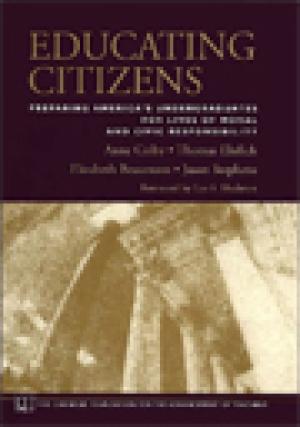
Educating Citizens reports on how some American colleges and universities are preparing thoughtful, committed, and socially responsible graduates. Many institutions assert these ambitions, but too few act on them. The authors demonstrate the fundamental importance of moral and civic education, describe how the historical and contemporary landscapes of higher education have shaped it, and explain the educational and developmental goals and processes involved in educating citizens. They examine the challenges colleges and universities face when they dedicate themselves to this vital task and present concrete ways to overcome those challenges. (From the Publisher)
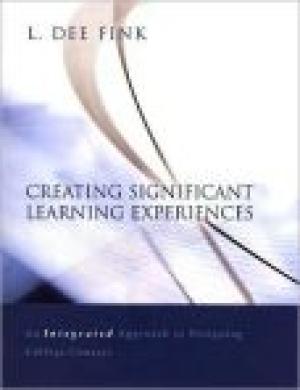
"When I read this book it was like starting over as a teacher. I had been convinced of the importance of the flipped classroom, but not until Fink’s approach did I see how the various components of my courses—the goals and outcomes, assignments, learning activities, and evaluation—need to be aligned and integrated in a coherent way. For too long these connections were implicit and students had to figure out how it all made sense.  At the beginning of every semester, I pull Fink off the shelf and do a few of the exercises to make sure my courses are ready to go. I strongly recommend you do the same." Kathleen Cahalan, St. John's School of Theology and Seminary Offering methods for improving teaching practices in higher education, Fink challenges educators to shift from the content-oriented "information dump" approach toward one that is learning-centered. Fink outlines his taxonomy of significant learning and shows how to combine new and traditional techniques to create powerful learning experiences. (From the Publisher)
Provides 30 practical ideas for the improvement of instruction based on critical thinking concepts and tools. It builds on, and goes beyond, the ideas in the mini-guide Active and Cooperative Learning. It cultivates student learning encouraged in the How to Study and Learn mini-guide. (From the Publisher)
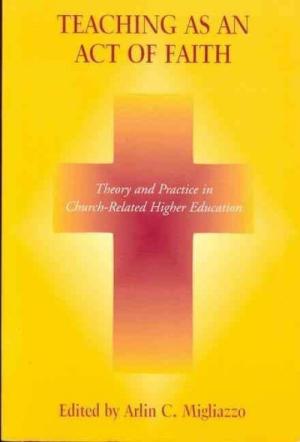
Interest in church-related higher education has increased greatly in recent years. Teaching as an Act of Faith is a practical guidebook on strategies to incarnate mission and epitomize theological and theoretical reflection in the classroom. In original essays, distinguished practitioners from fourteen liberal arts disciplines and Roman Catholic, Wesleyan, Anabaptist, Lutheran, and Reformed traditions demonstrate how they have been able link religious values more directly to their teaching. (From the Publisher)